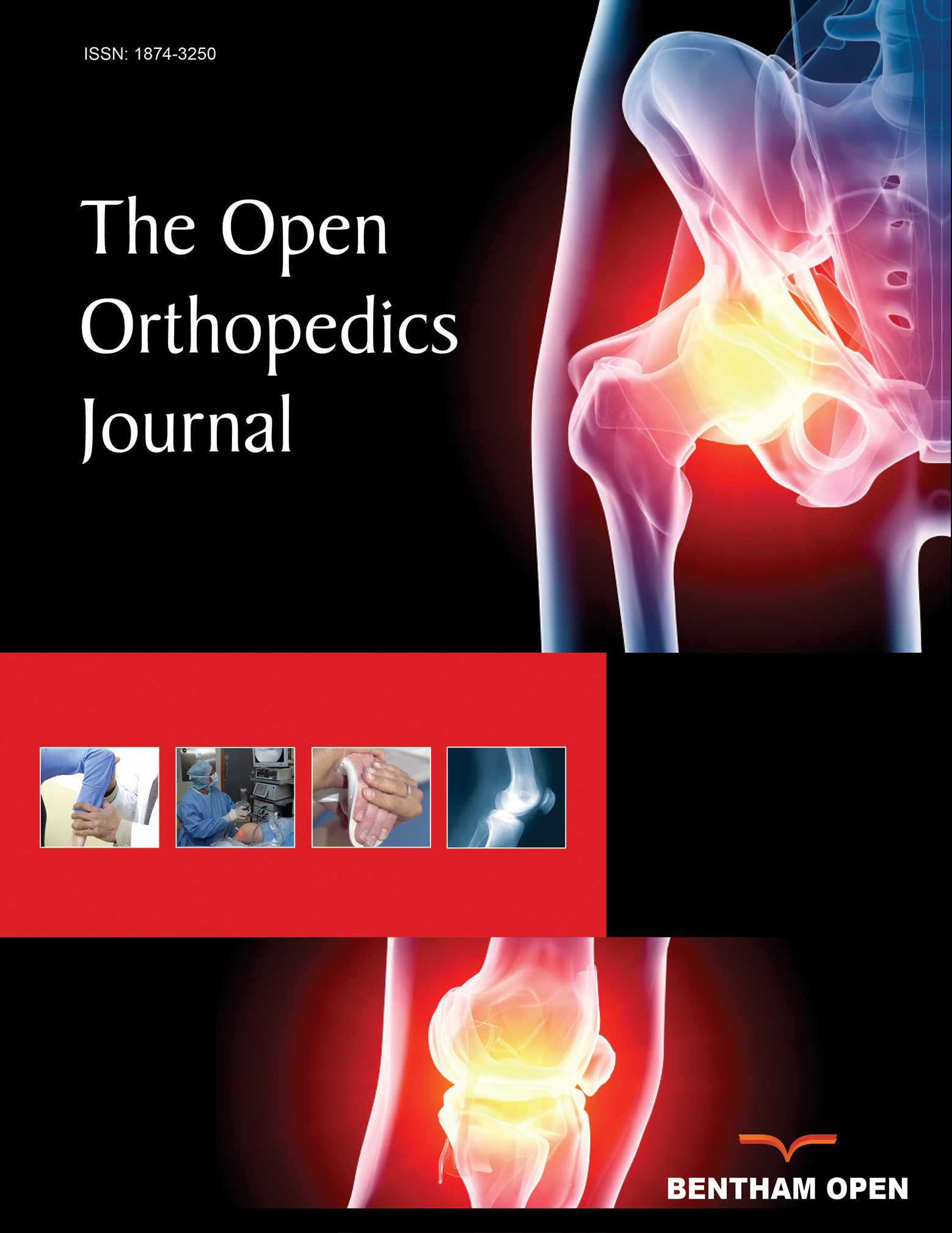All published articles of this journal are available on ScienceDirect.
Freezing of Rat Tibiae at -20°C Does Not Affect the Mechanical Properties of Intramedullary Bone/Implant-Interface: Brief Report
Abstract
Background:
The effects of freezing-thawing cycles on intramedullary bone-implant interfaces have been studied in a rat model in mechanical pull-out tests.
Implants:
Twenty TiAl6V4 rods (Ø 0.8 mm, length 10 mm) implanted in rat tibiae
Methods:
10 rats underwent bilateral tibial implantation of titanium rods. At eight weeks, the animals were sacrificed and tibiae harvested for biomechanical testing. Eight tibiae were frozen and stored at -20°C for 14 days, the remaining eight were evaluated immediately post-harvest. Pull-out tests were used to determine maximum force and interfacial shear strength.
Results:
There were no significant differences between fresh and those of the frozen-thawed group in maximum force or in interfacial shear strength.
Conclusion:
Frozen Storage of rat tibiae containing implants at -20° C has no effects on the biomechanical properties of Bone/ Implant interface.


